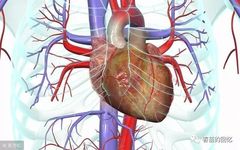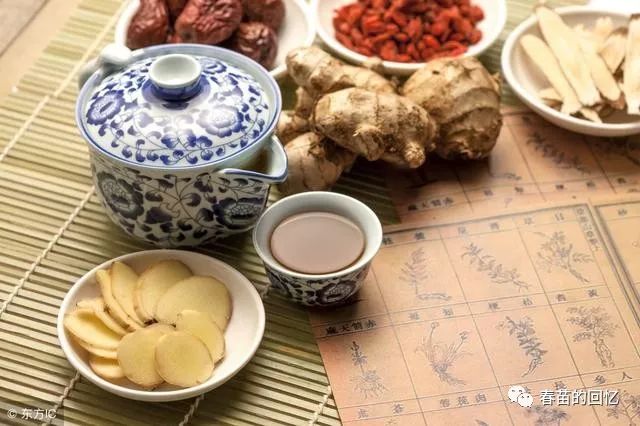
This article is for reference only!
“TCM Deficiency Syndromes: Yin Deficiency”
The Dao produces Yin and Yang, dividing into two. Yin is for nourishment, Yang is for transformation; Yin and Yang harmonize, together nurturing the growth of all things. Yin and Yang are originally one entity, differing in form but ultimately converging.
In nature, droughts often occur. In arid lands, the earth may crack, and vegetation withers; or deserts stretch endlessly, devoid of life. From the perspective of the relationship between heaven and humanity, Yin deficiency refers to the occurrence of varying degrees of “drought” within the human body! The five organs and six bowels, limbs, and bones all rely on Yin fluids for nourishment and moisture; if Yin fluids are insufficient, organs lose nourishment and moisture, leading to various diseases.
Those with Yin deficiency are most likely to exhibit the following symptoms: dizziness, dry eyes, tinnitus, dry throat, irritability, insomnia, constipation, numbness, skin itching, fever, sweating, and nosebleeds.
Heart Yin Deficiency:
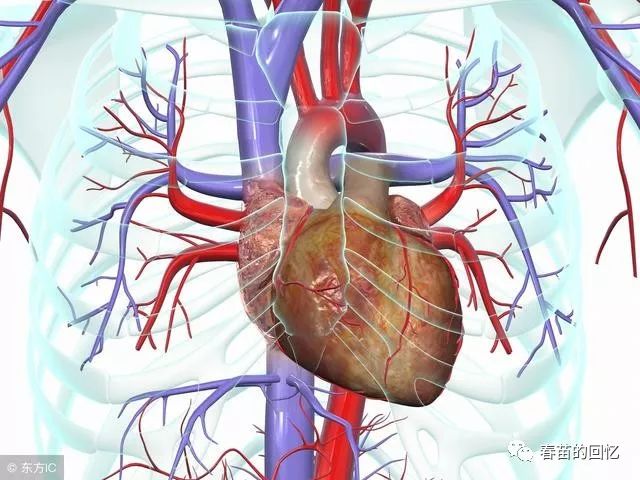
The tongue is the sprout of the heart, and the heart opens to the tongue. In Heart Yin deficiency, the tongue tip is red, numb, itchy, and may develop sores, with involuntary movements (the tongue moving uncontrollably in the mouth).
The heart governs joy and laughter. When the heart is abundant, laughter is unending. In Heart Yin deficiency, internal heat can cause spontaneous laughter, even uncontrollable fits of laughter.
The heart houses blood and governs the pulse. Yin deficiency leads to heat, which can scorch the vessels; when blood is heated, it can lead to coughing blood, vomiting blood, nosebleeds, and skin bleeding.
The heart houses the spirit; internal heat disturbance can lead to irritability and insomnia.
With insufficient Yin blood, the heart lacks nourishment, leading to palpitations and easy fright.
Sweat is the fluid of the heart; the hand Shaoyin heart channel connects to the armpit. In Yin deficiency, heat forces fluids outward, leading to excessive sweating under the armpits; if combined with damp-heat, the sweat may have an odor.
Liver Yin Deficiency:
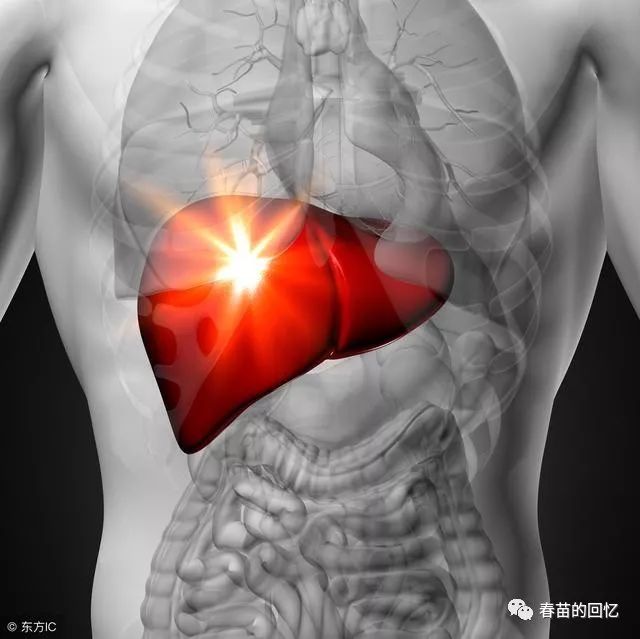
The liver governs wind and the vertex. Liver Yin deficiency can lead to headaches and dizziness.
The liver governs wind and tendons. In Liver Yin deficiency, tendons lose nourishment, leading to stiffness, spasms, convulsions, and tremors.
The liver stores blood; Qi deficiency leads to numbness, and blood deficiency leads to weakness. Blood can carry Qi. In Liver Yin deficiency, limbs lose nourishment and moisture, resulting in numbness.
The liver governs the flanks; in Liver Yin deficiency, the liver loses nourishment, leading to dull pain under the right flank. This is due to lack of nourishment causing pain, different from pain due to obstruction, and should be treated with Xiao Jian Zhong Tang (Minor Construct the Middle Decoction) to alleviate pain. Using Chai Hu (Bupleurum) formulas to soothe the liver and relieve depression may not only be ineffective but could also worsen the pain.
The liver houses the soul; in Liver Yin deficiency, the soul loses nourishment, leading to restlessness, frequent dreams, and early waking.
The liver governs planning and anger. Liver deficiency leads to suspicion and rigidity. In Liver Yin deficiency, excessive liver fire can lead to irritability, stubbornness, and impatience.
The liver opens to the eyes; in Liver Yin deficiency, the eyes may feel dry and swollen, with blurred vision and night blindness.
The liver stores blood and governs the knees; the kidneys store essence and govern the lower back. The liver and kidneys share a source, and essence and blood nourish each other. In Liver and Kidney Yin deficiency, there may be soreness and weakness in the lower back and knees.
The liver is the general’s organ, governing ascent and movement. In Liver Yin deficiency, liver Qi may easily stir, often causing trouble and disturbing the neighbors.
When liver Qi invades the lungs, it can lead to coughing and coughing up blood; when it invades the stomach, it can cause vomiting and hiccups; when it invades the spleen, it can lead to diarrhea and abdominal distension; when it invades the heart, it can cause palpitations; when it invades the kidneys, it can lead to unilateral lower back pain.
In Liver Yin deficiency, excessive Yang heat and alcohol, which is also of a hot nature, can lead to intolerance to alcohol; even a small amount can cause intoxication. Those who previously had a good tolerance for alcohol may find their capacity greatly reduced if they develop Liver Yin deficiency.
The liver governs emotions; fire of desire arises from the liver. In Liver Yin deficiency, sexual desire may easily be aroused, with men experiencing easy erections, and internal disturbance of fire may lead to premature ejaculation.
Spleen Yin Deficiency:
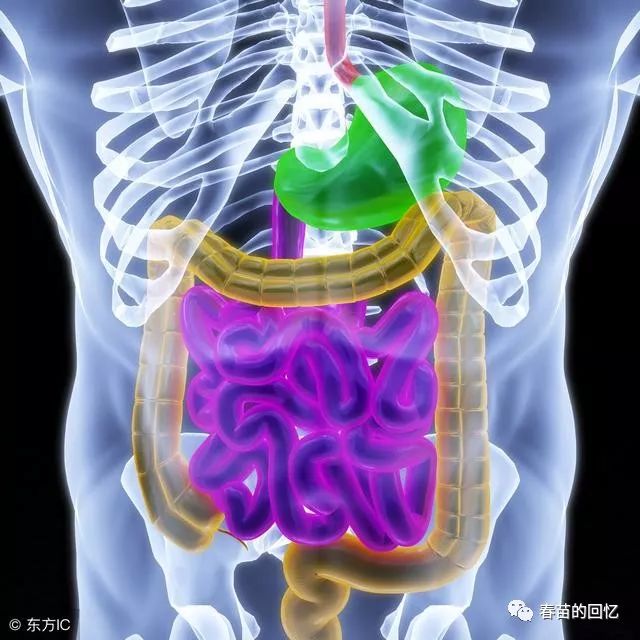
The spleen is inherently upright and pure, containing both Yin and Yang without bias. Where there is Spleen Yang deficiency, there must also be Spleen Yin deficiency; however, many people do not recognize Spleen Yin deficiency.
The spleen governs the transformation of food and water. Without fire, rice cannot become cooked; without water, rice cannot be cooked. Therefore, those with Spleen Yin deficiency cannot transform food and water, often experiencing poor appetite and reduced intake.
The spleen opens to the lips; in Spleen Yin deficiency, the lips lose moisture, often becoming dry and chapped.
The spleen governs dryness. In Spleen Yin deficiency, dryness is even more pronounced, leading to stools that are dry and hard, resembling beads.
The spleen is the foundation of postnatal life, the source of Qi and blood production. In Spleen Yin deficiency, Qi and blood are insufficient, and Yin cannot control Yang, leading to heat.
Yang Qi tends to rise and float; fragrant substances also tend to disperse. In Spleen Yin deficiency, there is aversion to strong odors and a preference for mild, bland foods.
Stomach Yin Deficiency:
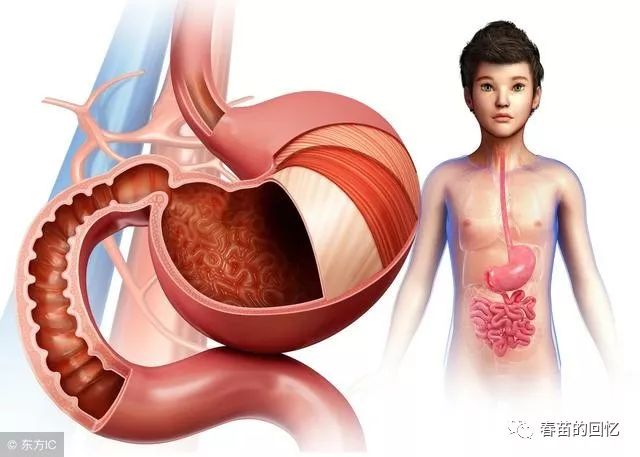
The stomach governs reception. In Stomach Yin deficiency, mild cases may present with empty heat in the stomach, leading to a lack of appetite; severe cases may present with excess heat in the stomach, leading to increased hunger.
The stomach is the sea of food and fluids; with Yin deficiency, fire is excessive. Those with Stomach Yin deficiency often experience thirst.
Stomach Yin deficiency can lead to internal heat, which easily rises and floats, causing aversion to the smell of strong meat, leading to nausea.
With Stomach Yin deficiency, the stomach loses nourishment and moisture, leading to dryness and discomfort; there is a preference for light, clear foods and aversion to spicy foods.
The stomach connects to the gums; in Stomach Yin deficiency, excessive stomach fire can lead to gum bleeding and tooth pain.
Lung Yin Deficiency:
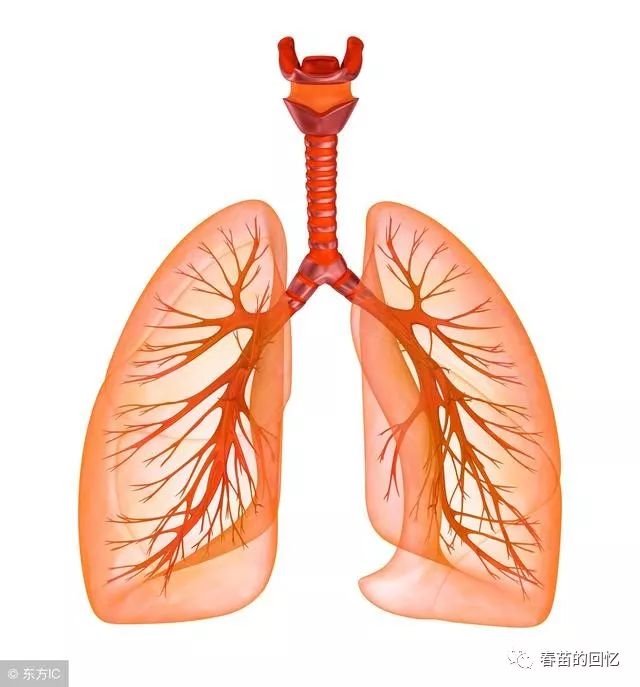
The lungs are delicate organs; even slight disturbances can lead to coughing and wheezing.
In Lung Yin deficiency, the lungs lose nourishment, leading to dry cough with little phlegm.
Lung Yin deficiency can lead to internal heat scorching the lung vessels, resulting in coughing up blood.
Lung Yin deficiency can lead to internal heat damaging the lungs, causing lung atrophy; when the lungs atrophy, lung Qi cannot descend, disrupting the distribution of fluids, leading to excessive salivation and drooling.
The lungs govern the throat and open to the nose. In Lung Yin deficiency, the throat is dry, and the nose may bleed.
The lungs govern fluids, and the lungs and large intestine are interconnected. In Lung Yin deficiency, the large intestine may also be dry, leading to constipation and hemorrhoids.
The lungs govern the skin; in Lung Yin deficiency, the skin may become dry and scaly.
Kidney Yin Deficiency:
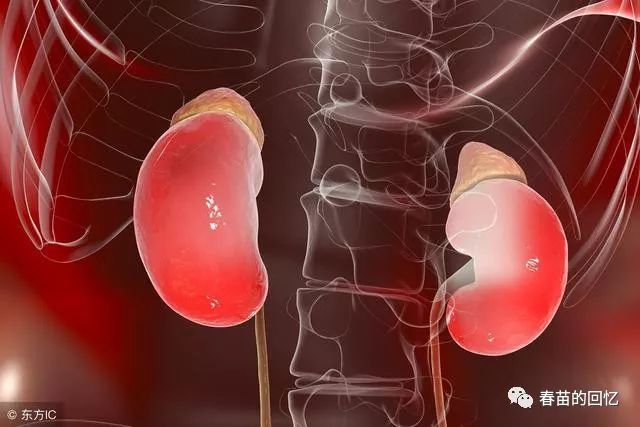
The kidneys are the root of all organs, the foundation of Yin and Yang, governing the Ren and Du meridians.
In Kidney Yin deficiency, internal heat rises along the Du meridian, leading to heat in the back.
Kidney Yin deficiency can reach the throat via the Ren meridian, causing dryness, pain, and hoarseness.
Kidney Yin deficiency can lead to insomnia due to the lack of harmony between the heart and kidneys.
The kidneys open to the ears; in Kidney Yin deficiency, there may be tinnitus and itching in the ears.
The kidneys govern the bones; teeth are considered extensions of the bones. In Kidney Yin deficiency, internal heat can lead to tooth pain.
The kidneys govern the bones and produce marrow. In Kidney Yin deficiency, insufficient essence and marrow can lead to forgetfulness, loose teeth, and heel pain.
The foot Shaoyin kidney channel connects to the soles of the feet; in Kidney Yin deficiency, the soles may feel sore and swollen.
The kidneys govern the intake of Qi; in Kidney Yin deficiency, floating Yang can lead to shortness of breath upon exertion.
The lower back is the residence of the kidneys; Kidney Yin deficiency can lead to lower back soreness.
Yin deficiency leads to heat. Kidney Yin deficiency can cause tidal fevers. Heat can force fluids outward, leading to night sweats.

Long press the QR code to follow “Memories of Spring Seedlings”
Learn about grassroots medical information and updates


